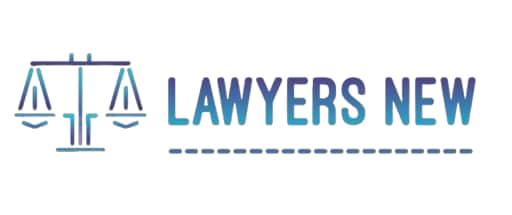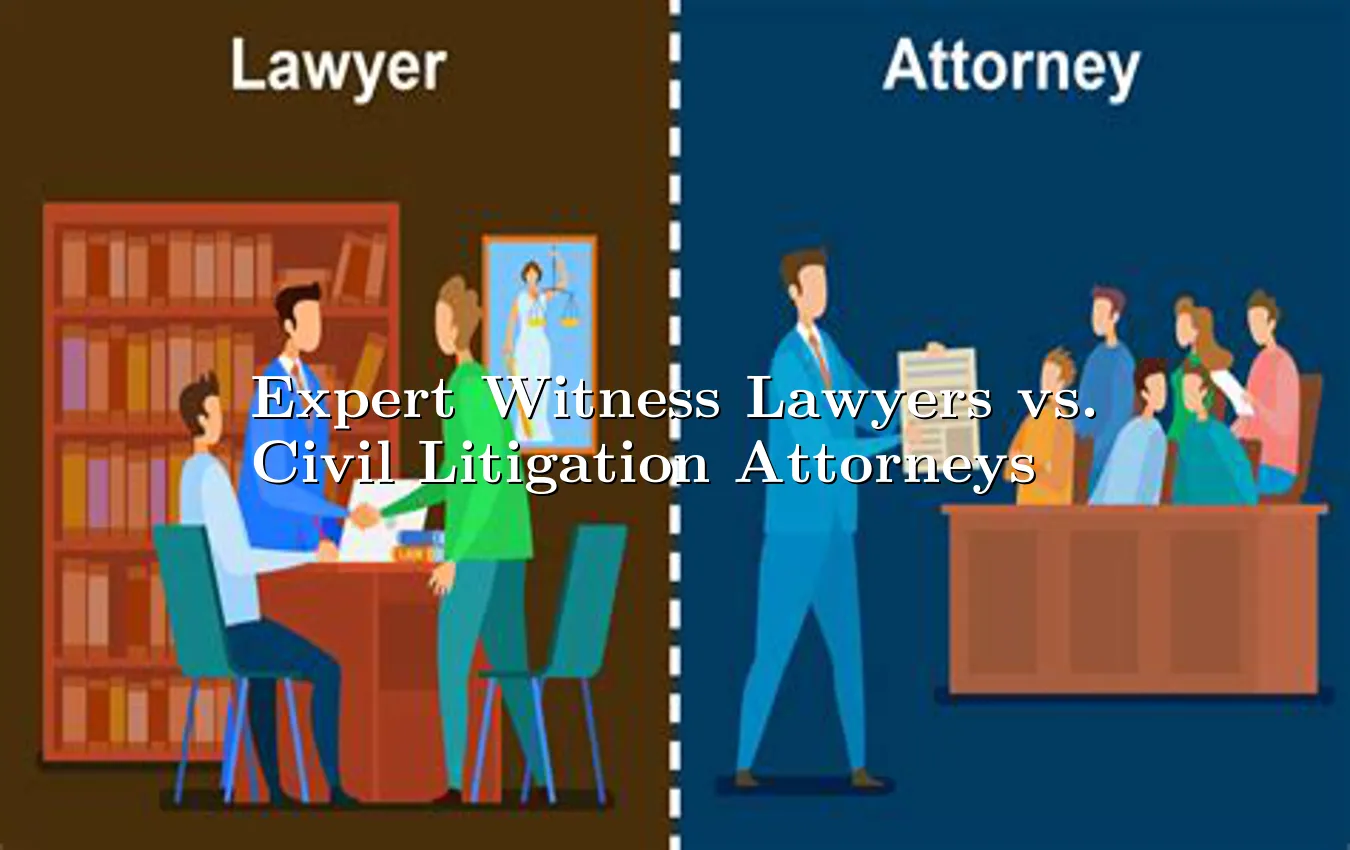
Description : In recent years, the field of legal technology, often referred to as "legal tech," has witnessed a significant transformation with the advent of Natural Language Processing (NLP) and Artificial Intelligence (AI).
Lawyers New - In recent years, the field of legal technology, often referred to as "legal tech," has witnessed a significant transformation with the advent of Natural Language Processing (NLP) and Artificial Intelligence (AI).
These cutting-edge technologies are revolutionizing the practice of law and reshaping the way legal professionals work. NLP, in particular, enables machines to understand, interpret, and generate human language, while AI empowers these machines to perform intelligent tasks, making the legal sector more efficient, accurate, and accessible than ever before.
See Also: The Power of Lawyers in Environmental Law
Read More:
This shift in the legal landscape has far-reaching implications, from automating routine legal tasks to enhancing research and analysis capabilities, ultimately ushering in a new era of legal innovation and efficiency.
What is NLP in legal tech, and how does it help?
NLP, or Natural Language Processing, plays a pivotal role in legal tech by enabling machines to understand and interact with human language. Here's how NLP benefits the legal sector:
- Document Review and Analysis: NLP software can swiftly review and analyze vast volumes of legal documents, contracts, and case files. It identifies key information, clauses, and anomalies, significantly speeding up due diligence processes and reducing the risk of oversight.
- Legal Research: NLP algorithms can comprehend complex legal terminology and concepts, making legal research more efficient. They can sift through extensive databases, extracting relevant cases, statutes, and precedents based on natural language queries.
- Contract Analysis: NLP can be applied to contract management, helping extract critical information from contracts, such as key dates, obligations, and termination clauses. This aids in contract creation, compliance monitoring, and risk assessment.
- E-Discovery: NLP assists in e-discovery by identifying and categorizing relevant documents during litigation, significantly reducing the time and costs associated with the discovery process.
- Sentiment Analysis: It can be used to gauge the sentiment and emotions expressed in legal documents, which can be valuable in cases involving defamation, harassment, or emotional distress.
- Chatbots and Client Interaction: NLP-driven chatbots enhance client interactions, answering frequently asked legal questions, scheduling appointments, and providing general legal guidance.
- Language Translation: NLP tools can automatically translate legal documents into different languages, making cross-border legal matters more accessible and manageable.
- Due Diligence and Compliance: NLP-powered solutions assist in due diligence and regulatory compliance by identifying and flagging potential risks in legal documents, thus ensuring adherence to legal requirements.
In essence, NLP in legal tech streamlines and augments various aspects of the legal profession, offering enhanced accuracy, efficiency, and accessibility while reducing the burden of routine tasks on legal professionals.
Read More: The Best Online Resources for Corporate Lawyers
What is AI in legal tech, and how it help?
AI, or Artificial Intelligence, is a transformative force in legal tech, offering a wide range of applications that enhance the legal profession in numerous ways. Here's how AI helps in the legal sector:
- Legal Research: AI-powered algorithms can swiftly review extensive databases of legal documents, such as cases, statutes, and regulations, to provide comprehensive and up-to-date legal research. This accelerates locating precedents and relevant information, saving legal professionals valuable time.
- Predictive Analysis: AI can predict legal outcomes based on historical case data, assisting lawyers and clients in making informed decisions regarding potential litigation or settlements.
- Document Review: AI automates document review processes, particularly in e-discovery, by identifying and categorizing relevant documents, reducing the time and costs involved in litigation.
- Contract Analysis: AI systems employ natural language processing (NLP) to analyze contracts and extract critical information, mitigating risks associated with contract management, compliance, and obligations.
- Virtual Legal Assistants: AI-driven virtual assistants and chatbots offer 24/7 support to clients, answering common legal queries, scheduling appointments, and providing essential legal guidance, enhancing client interaction and satisfaction.
- Due Diligence and Compliance: AI technology aids in due diligence and regulatory compliance by detecting and highlighting potential risks in legal documents, ensuring adherence to legal requirements and reducing the likelihood of errors.
- Sentiment Analysis: AI can perform sentiment analysis to gauge the emotions and attitudes expressed in legal documents, which is valuable in cases related to defamation, harassment, or emotional distress.
- Legal Analytics: AI generates insights and legal analytics by processing large datasets, helping lawyers and law firms identify trends, patterns, and strategies in the legal domain.
- Language Translation: AI-powered translation tools automatically convert legal documents into multiple languages, making cross-border legal matters more accessible and manageable.
- Machine Learning: AI uses machine learning to improve legal services and prediction models continuously. As more data is processed, AI becomes more accurate in predicting legal outcomes.
- Personalized Legal Services: AI can offer personalized legal advice and services, tailoring legal solutions to the specific needs and circumstances of clients.
In summary, AI in legal tech streamlines and augments various aspects of the legal profession, offering enhanced efficiency, accuracy, and accessibility while reducing the burden of repetitive tasks on legal professionals.
How is NLP and AI reshaping legal tech?
In conclusion, the implications of NLP (Natural Language Processing) and AI (Artificial Intelligence) for legal tech are profound and far-reaching.
These technologies have ushered in a new era of legal practice, revolutionizing the way legal professionals operate, conduct research, analyze documents, and interact with clients.
Also Read: The Real Cost Of Immigration: Why It's Worth The Investment In A Good Lawyer
The key implications of NLP and AI in legal tech include:
Interested:
- Efficiency: Legal tech powered by NLP and AI significantly reduces the time and effort required for legal research, document review, and contract analysis. It enables lawyers to work more efficiently, allowing them to focus on higher-value tasks.
- Accuracy: AI-driven systems can quickly process vast amounts of data with a high degree of accuracy, reducing the risk of human errors. This accuracy is crucial in legal proceedings and compliance tasks.
- Cost Savings: Automation and AI-driven processes produce substantial cost savings for law firms and clients. This is particularly important in an industry where time is money.
- Predictive Analysis: NLP and AI enable predictive analysis, helping legal professionals anticipate outcomes, make informed decisions, and provide better counsel to clients.
- Client Services: AI-powered virtual assistants and chatbots enhance client services by offering quick responses to common legal queries and providing round-the-clock support.
- Access to Justice: Legal tech with NLP and AI can increase access to justice by making legal information and services more affordable and accessible to a broader population.
- Compliance and Risk Mitigation: AI assists in due diligence, contract analysis, and compliance, helping organizations mitigate risks and adhere to regulatory requirements.
- Personalization: NLP and AI allow for personalized legal services, tailoring legal advice and solutions to individual client needs.
While the implications of NLP and AI in legal tech are highly positive, there are challenges and ethical considerations to address, such as data privacy, bias in algorithms, and the impact on employment in the legal sector.
In summary, NLP and AI are transforming the legal profession, enhancing the delivery of legal services, increasing efficiency, and expanding access to justice. As these technologies evolve, legal professionals and organizations should embrace them to stay competitive and better serve their clients while addressing ethical and regulatory concerns.
The powerful convergence of AI, NLP, and legal tech is catapulting the legal industry into unprecedented transformation and innovation!
Brace yourselves because this triumphant trio is reshaping the very foundations of legal practice. Contract analysis, once a labyrinthine journey through mountains of paperwork, has now become a breeze with AI and NLP's lightning-fast document scrutiny.
Case law interpretation, a task that once required endless hours of poring over dusty tomes, now finds itself at the mercy of algorithms that can decipher the most cryptic of legal jargon.
But that's not all! Regulatory compliance, a constant headache for businesses, is becoming a walk in the park thanks to these cutting-edge technologies.
Legal professionals are no longer bound by tedious research and laborious document review. They're harnessing the superhuman capabilities of AI and NLP to operate with unparalleled efficiency, unleashing a new era of legal prowess. With these tools, lawyers are making decisions that are not just well-informed but downright clairvoyant!
Don’t forget. With. Development. Lawyers New by clicking on the link. In. Lower. This :
Facebook. (By clicking on this link, you will be logged into Lawyers New’s Facebook) Let’s click now.
Or you can also see our Twitter or you can visit our Google News.
We Are Also There. Channels. YouTube. For. Look. Lawyers Information. us Visually Come on Now Join Us.
Don't Miss:






















